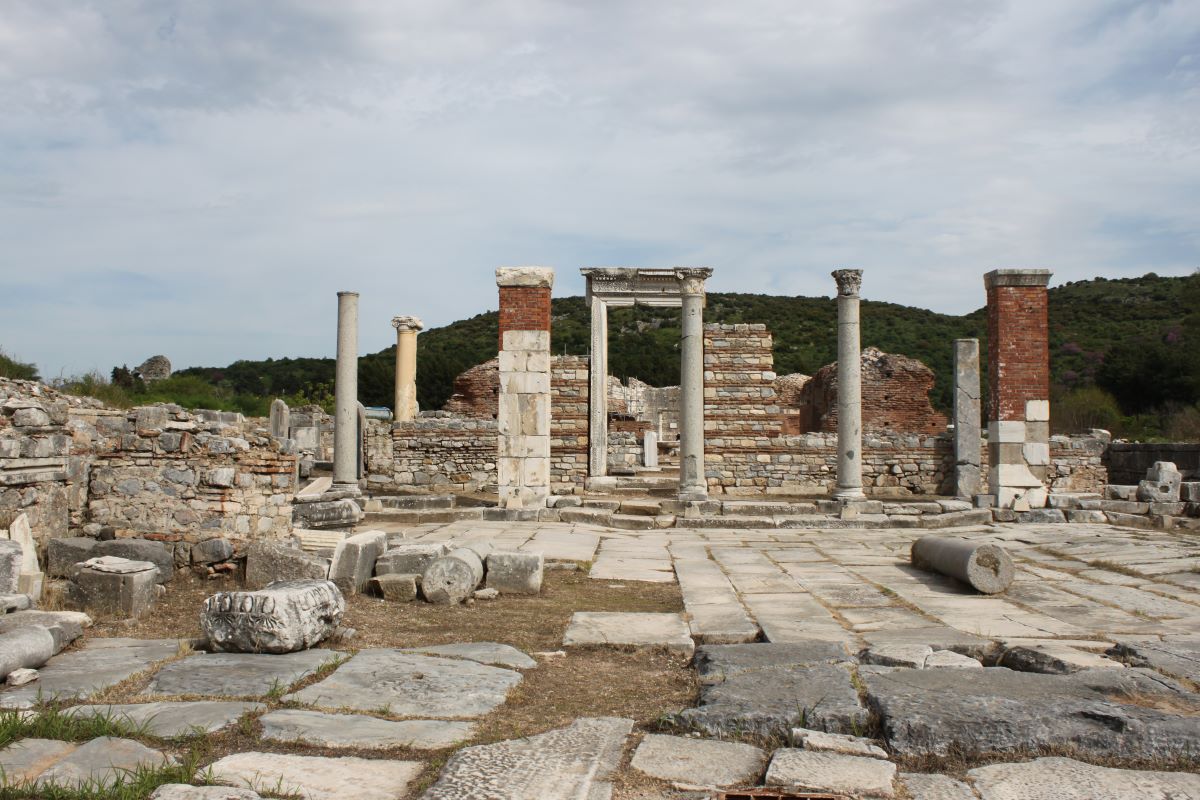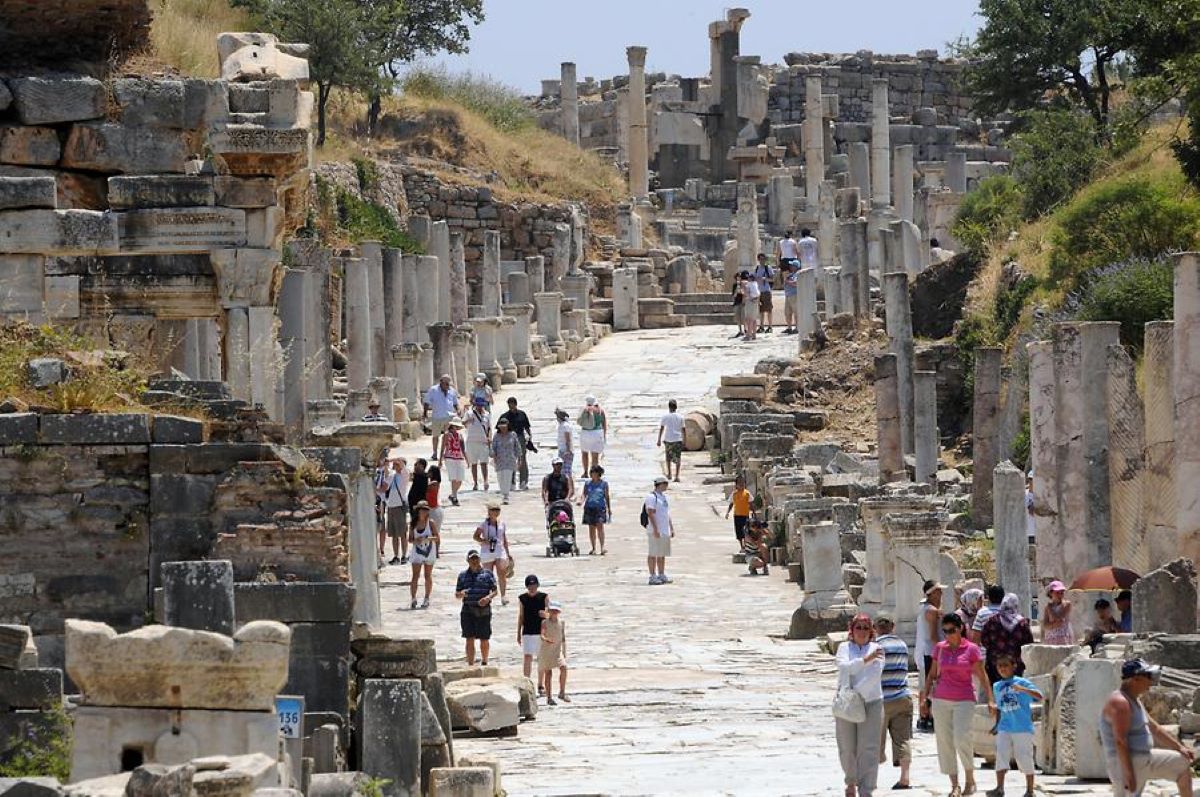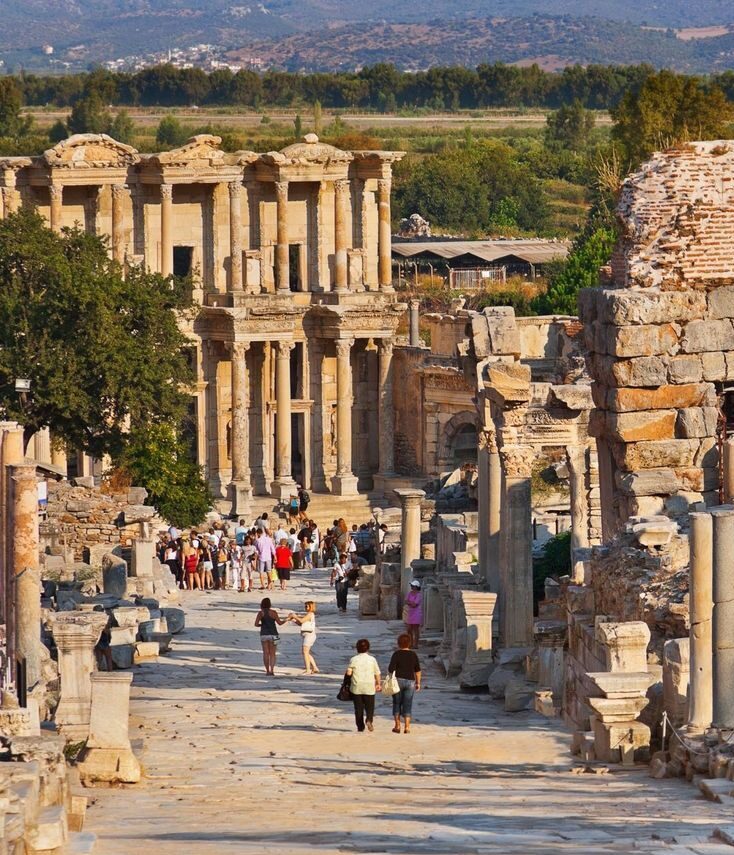The ancient city of Ephesus is a site of remarkable historical significance, with a…

The Council of Ephesus: A Pivotal Moment in Christian History
The Council of Ephesus, convened in 431 AD, is a pivotal event in Christian history. The theological conflict between Nestorius, Patriarch of Constantinople, and Cyril of Alexandria, Patriarch of Alexandria, over the nature of Christ as either dualistic or as one person with two natures, was resolved by the council. This decision had a significant impact, triggering religious schisms and profoundly influencing the development of Christian theology for centuries to follow. The Council of Ephesus serves as a critical moment in the evolution of Christianity and its understanding of Christ’s nature. The debate over the nature of Christ was not just a theological disagreement, but a contest over power and influence within the church. The council’s decision in favor of Cyril’s Christology had significant consequences, leading to the formation of the Nestorian Church and the division of the church into the Western (Catholic) and Eastern (Orthodox) branches.
The council’s impact extended beyond the church, as it also had political implications. The decision affirmed the authority of the Bishop of Rome and strengthened the position of the Catholic Church in relation to the Roman Empire. The council’s legacy continues to influence Christian theology and practice to this day, as its teachings on the nature of Christ and the role of Mary continue to be debated and discussed. Despite the controversy surrounding the council, it remains a vital chapter in the story of Christianity, demonstrating the ongoing struggle to define and understand the nature of God and the relationship between humanity and the divine.
The Council of Ephesus was called to address the theological disagreement between Nestorius, the Patriarch of Constantinople, and Cyril of Alexandria, the Patriarch of Alexandria. Nestorius believed in the duality of Christ, asserting that Jesus had two distinct natures, human and divine. In contrast, Cyril argued that Christ was a single person with two natures, divine and human, united in one hypostasis.
The council’s decision, which favored Cyril’s position, had far-reaching implications for Christian theology and practice. It led to the separation of the Church of the East and the Church of the West, creating what is now known as the Oriental Orthodox Church. The council also played a role in the emergence of the Roman Catholic Church as the dominant institution of Christianity, as it affirmed the primacy of the Bishop of Rome as the ultimate authority in matters of faith and morals.
In addition to its theological significance, the Council of Ephesus had political implications as well. It contributed to the growing power of the Roman Empire’s Christian rulers, who used their influence to shape the course of the church’s development. The council also highlighted the tension between the church and the state, as the emperor Theodosius II intervened in the proceedings and ultimately accepted the council’s decision.
Today, the legacy of the Council of Ephesus can still be felt in the ongoing debates within Christianity about the nature of Christ and the role of the church in society. The council’s impact on the development of Christian theology and its relationship with secular power continue to be the subject of scholarly inquiry and theological reflection.



This Post Has 0 Comments